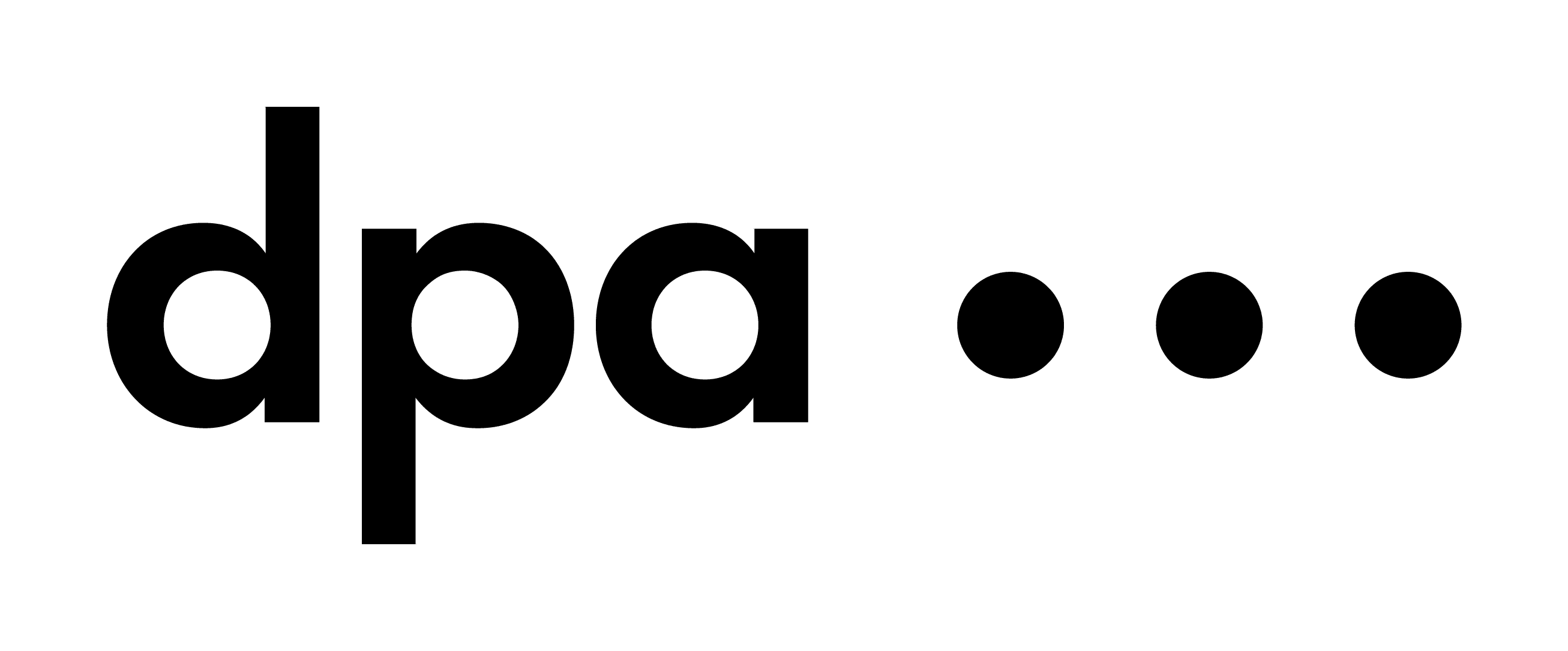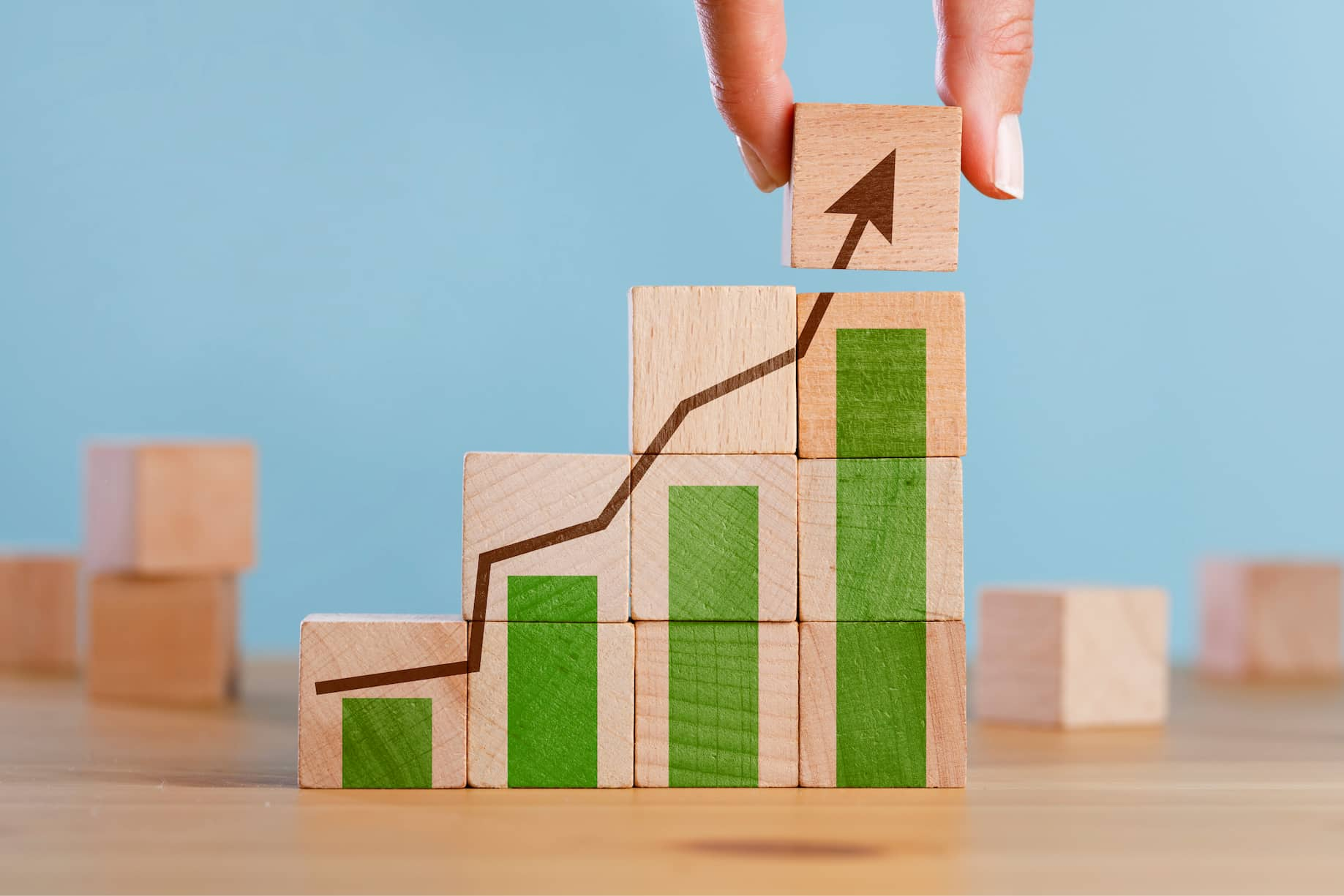
5 reasons why a sustainability report is also worthwhile for SMEs
Many companies – large and small – are affected by sustainability regulations such as the CSRD, the LkSG or the upcoming European supply chain law CSDDD. But what about those that are not subject to these regulations? Are they exempt from reporting?
Watch out: Not being directly affected does not mean that you do not have to deal with sustainability!
We explain here why SMEs also have to provide sustainability data and what information is required.
Which stakeholders request ESG data from SMEs
1. business partners create transparency in the supply chain
Are you a supplier to another company?
Many SMEs supply larger companies that fall under the LkSG (Lieferkettensorgfaltspflichtengesetz) and are or will be affected by the EU CSRD (Corporate Sustainability Reporting Directive) and CSDDD (Corporate Sustainability Due Diligence Directive).
Large companies not only have to make their own ESG information transparent, but also that of their suppliers.
This means that you are also affected by the requirements of the regulations and will be asked by your customers for comprehensive sustainability information.
As a result, you have to undergo extensive due diligence checks, such as the EcoVadis sustainability assessment, which identifies potential risks for people and the environment in the supply chain.
Incidentally, it is not only you as a supplier who must provide evidence, but often also sub-suppliers.
Your customers are also bound by industry-specific guidelines and laws.
Sustainability information from the supply chain is also required from this side.
Examples of this include the Agricultural Organizations and Supply Chain Act (AgrarOLkG), the chemical industry standard or the industry-specific guidelines of the OEC.
2. financial sector pays more attention to sustainable investments
SMEs that are supported by investors or have received project-related investments should definitely be prepared for ESG inquiries.
The reasons for this:
- Due to the SFDR (Sustainable Finance Disclosure Regulation), financial market players and financial advisors are obliged to provide ESG information on financial products and services.
- Investors are themselves capital market participants and must report on sustainability goals and positioning within the financial sector.
- Rating agencies now also include ESG criteria in their investment ratings.
- Prior to the final M&A transaction, the sustainability strategy is reviewed – if not already requested in advance, measurable sustainability indicators are required from you by then at the latest.
3. banks require ESG disclosures in loan and funding procedures
If you want to apply for a loan or a grant from the bank, you will need a number of documents.
In the past, it was mainly about creditworthiness, business concept, collateral and the like.
Today, the issue of sustainability also plays a decisive role.
This is because banks need sustainability information from you when granting loans in order to meet the requirements of the European Banking Authority (EBA) and the German Federal Financial Supervisory Authority (BaFin).
In addition, banks are increasingly adhering to self-imposed frameworks and sustainable finance targets.
In practice, this means that lending costs are directly influenced by your ESG rating: better rating, cheaper loan.
4. insurance companies also include ESG risks in their financial statements
Insurance companies also rely on and request ESG data from customers.
Two perspectives need to be understood here: Firstly, (re)insurers also fall under the CSRD reporting obligation.
They must therefore report on the status quo of their sustainability ambitions themselves.
This also includes the customer area, for which your insurer naturally needs information from you as a customer.
The second perspective is about the insurance risk when you want to take out a new insurance policy.
It is common practice here to first assess the risk potential of an insured person.
Sustainability risks are now also taken into account.
Anyone who does not have this issue on their radar may be classified as having a higher insurance risk and lower insurance benefits.
5. customers and partners expect proof of ESG efforts
New partnerships, collaborations and tenders are increasingly demanding certifications that prove a company’s sustainability ambitions.
When you enter into negotiations, you need to be well prepared:
- No Open Doors without ESG certifications: In addition to known information security standards, for example, certifications from the ESG sector are increasingly a prerequisite for a serious discussion.
Go through the assessments at an early stage – they are often lengthy and cannot be “handed in quickly”. - Sustainability and ESG criteria in the tendering process: If there is a tender, your company could fall out of the selection process due to a missing or unsound sustainability strategy.
You can prove this with recognized ESG certificates, among other things.
With sustainability and ESG criteria in tendering processes, companies want to ensure that ecological and social standards are adhered to in the supply chain right from the start.
In addition to special ESG certifications, ESG criteria are also asked for in other quality standards that have a high priority in the industry and are actually “only” concerned with corporate processes:
- Fairtrade
- Organic certifications
- Employer rankings
- ISO standards
- …
How do SMEs best prepare for sustainability requirements from stakeholders?
As you can see, sustainability issues come from every corner.
You not only have to collect and communicate ESG data to fulfill legal requirements – keyword: LkSG, CSDDD and CSRD-compliant.
Your stakeholders also ask for this data for a variety of reasons.
The problem with these queries is that if SMEs are affected by one or more of these scenarios and are not prepared for them, this usually means a lot of work.
This is because very different information is required from different stakeholders.
They are confronted with different reporting standards and find themselves in a flood of questionnaires.
However, you can avoid these problems with a voluntary sustainability report.
It is best to report in accordance with a recognized standard that is suitable for your company, such as the DNK, the GRI Standards or the ESRS – the latter will enable you to meet the regulatory requirements of the CSRD in the future.
Frameworks such as the SDGs or the UN Global Compact also form a good basis for the sustainability report.
EFRAG is currently also working on its own voluntary standards(VSME) for SMEs, which are adapted to the size, resources and needs of these companies.
The advantages of a voluntary report in a nutshell:
- As a rule, you already collect all the important data that you also need for other purposes.
In the best case even in a single tool, in which you can also control measures and write the report. - In the case of inquiries, the report already contains most of the required information, giving you more time for detailed questions.
- If you do have to report later, you are already optimally prepared for CSRD, LkSG and CSDDD!
- Although this may sound like a lot of effort at first, the introduction of ESG structures brings with it great opportunities: innovation and long-term growth are promoted, risks are minimized and, not to forget, you also consolidate and strengthen relationships with your customers.
Do you want to be prepared for the next request?
The voluntary sustainability report puts you ahead of the game!
If you have any questions about the sustainability report or the legal requirements, we are here for you – with over 12 years of experience in sustainability management.
* This information is summarized editorial content and should not be construed as legal advice. VERSO accepts no liability.
This could also be of interest to you:
Subscribe to our newsletter!
Sign up and receive regular news about:
- Pragmatic all-in-one solution for ESG reporting, climate and supply chain management
- Individual advice from the VERSO experts
- Developed with expertise from 12+ years of sustainability management
- Trusted by 250+ customers


